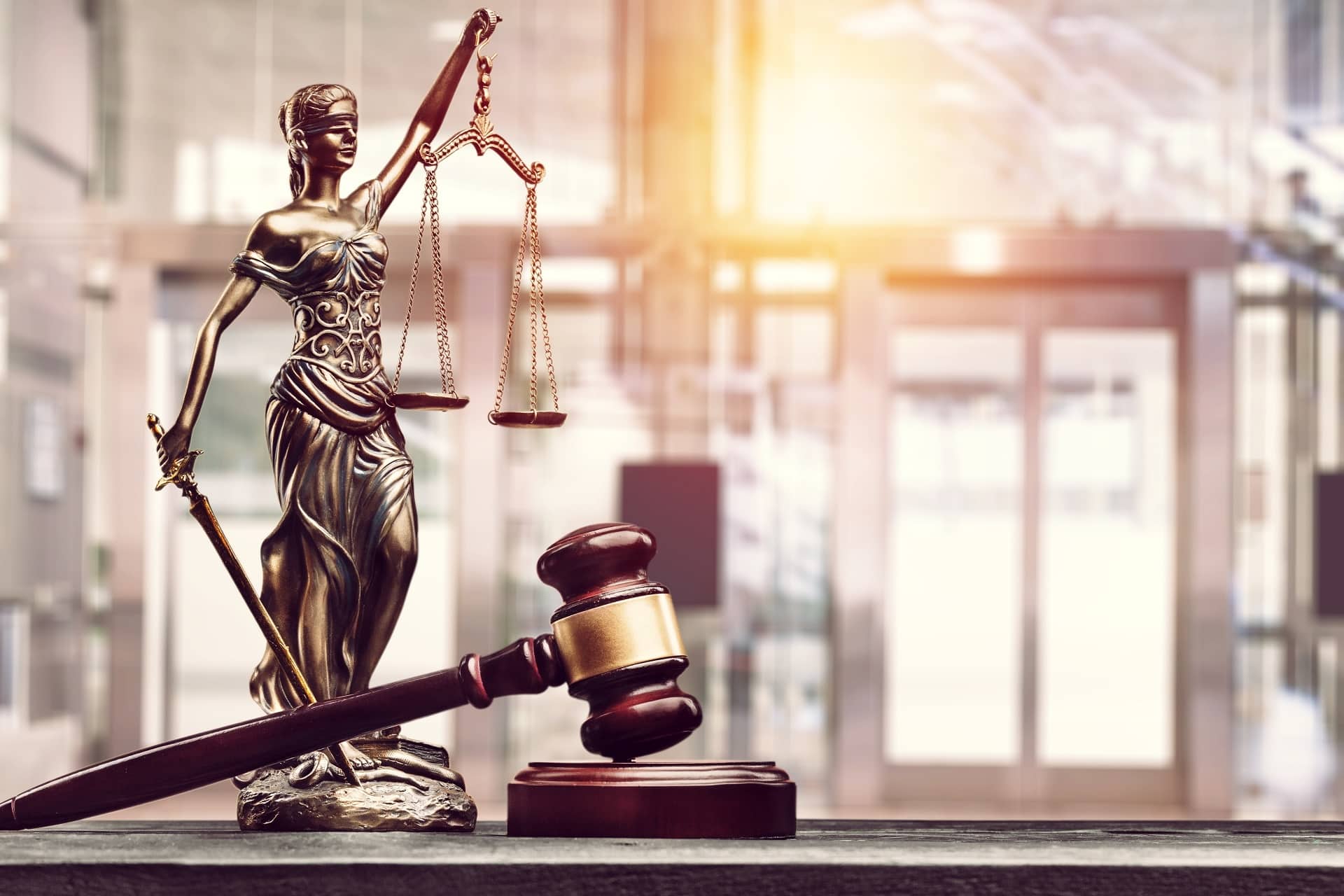
The rights that a defendant holds are very important matters in the United States and Texas. The U.S. Constitution gives people who are accused of crimes certain inalienable protections while they go through the legal process. Texas and other states often supplement these laws with specifics that keep those convicted of crimes safe and protected. Every American is entitled to these rights, and they become incredibly important when you find yourself on the wrong side of the law.
In this article, we’ll talk about what these rights are, what they mean to you, and how your criminal defense attorney can use them to your advantage. Specifically, we’ll focus on the right to a speedy criminal trial and how that right can affect the outcome of your case. We’ll weigh the pros and cons and ultimately provide you with all the information we can so you can make informed decisions about your rights.
However, every case is unique. So, to answer specific questions about your case and how these criminal rights affect you, call the Law Offices of Keith G. Allen, PLLC, today.
What Are Criminal Rights?
In Texas and America as a whole, those accused of crimes have the right to remain silent during arrests and interrogations. This is to ensure that no one needlessly incriminates themselves while police are asking questions. You do not need to answer these questions. All you need to do is politely and firmly inform the police that you would like to speak with your lawyer before you make any statements.
Your right to an attorney is another of these rights. If you are accused of a crime, you have a right to be defended by someone who knows the laws and courtroom procedures as intimately as the prosecutor who is charging you. This makes sure you are never overwhelmed by the procedures or unsure of what to do next. Your lawyer will explain things in ways that an average person can understand, so you don’t need a law degree to get what’s going on. If you can’t afford an attorney, you can always ask the judge to provide you with a court-appointed attorney.
Beyond Miranda Rights
The criminal rights mentioned above are usually specific to the arrest and interrogation. They are referred to as Statutory Warnings or Miranda Rights. Beyond those rights, defendants also have certain protections that pertain to their imprisonment and trial.
The Eighth Amendment keeps the legal system free of cruel or unusual punishment. The right to bail allows defendants to remain free of confinement until their trial date, which helps juries see them as innocent until proven guilty. Letting a defendant out on bail also gives them the opportunity to work on their upcoming defense strategies from their own home. This reduces stress and makes for a better defense.
During the trial, the right to an impartial jury means you are entitled to a verdict that is free of prejudice or discrimination. You also have a right to confront your accuser in court, which means your lawyer will cross-examine them based on their testimony. These rights are all included in your right to due process, as is the right to a speedy trial, which we’ll talk about next.
The Right to a Speedy Trial
The Sixth Amendment in the U.S. Constitution gives everyone accused of a crime the right to a speedy trial. This protects them from prolonged periods of uncertainty and anxiety as their court date approaches. It also ensures that evidence remains fresh, making it easier to prove their case.
If someone is in jail before their trial and can’t pay bail, it’s important that they be granted a quick trial. This stops them from being held for too long without being found guilty. Lawyers can ask the court to speed up the trial or lower the bail amount to help reduce the time the person stays locked up. Jail time can be hard on people, and their families might still rely on them to get by.
Lengthy court battles can also have a negative impact on a defendant’s employment and reputation. Your lawyer might argue the need for a speedy trial to help minimize these effects. The longer someone stays in jail, the more likely their life on the outside will fall apart. You may need to return to work or social engagements while your trial date approaches.
Is a Speedy Trial Always a Good Idea?
Much like your right to remain silent, you have the option to waive your right to a speedy trial.
Sometimes, a speedy trial may not always be the best decision. A speedy trial may offer a quick resolution when you need it most, but there’s also the potential that you lose. If you don’t give yourself or your criminal defense team enough preparation time, details that could prove your side can be left out.
The prosecution rarely moves forward with a trial unless they think they can prove their case, so in the beginning, they may be more prepared for trial than the defendants are. Requesting a speedy trial is a good way to be caught off guard by the prosecution. Sometimes, a long and thorough investigation is required before your side of the story is clear.
As far as the mental health benefits go, speedy trials can sometimes provide the opposite. Some people may become overwhelmed by the quick pace and request proceedings that give them time to slow down and think.
Call an Expert Criminal Defense Team: Call The Law Offices of Keith G. Allen
If you or someone you love is involved in a criminal trial in Texas, call the criminal defense team with over 30 years of experience. Call the Law Offices of Keith G. Allen, PLLC, today at (832) 230-0075 for a free consultation. Let us answer your questions and bring you peace of mind.





